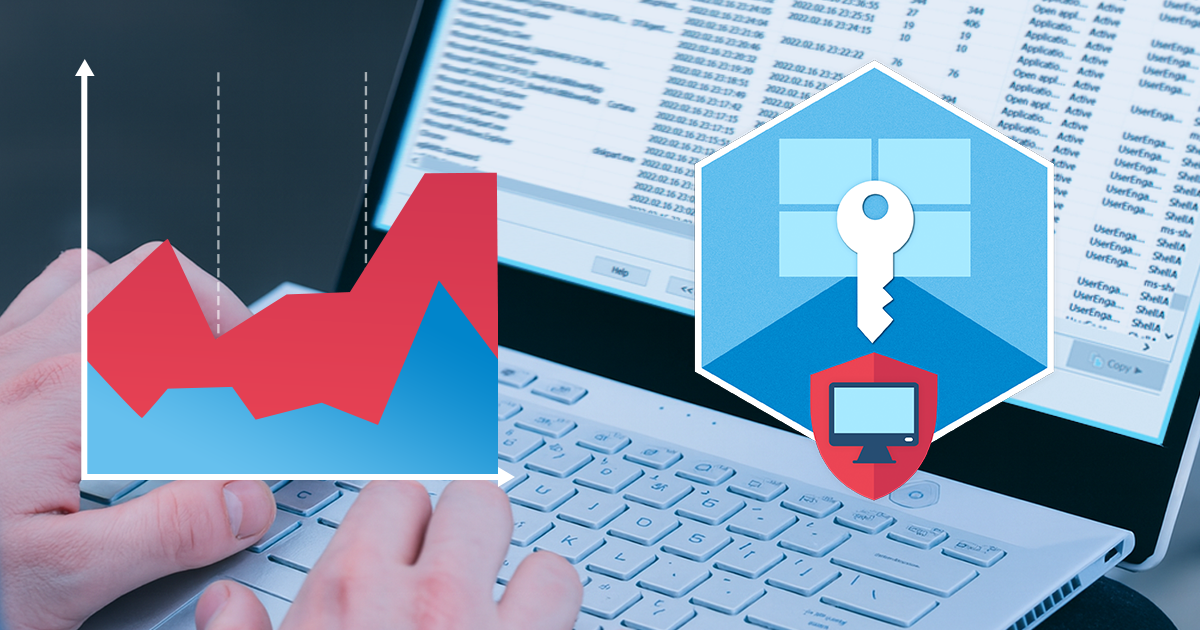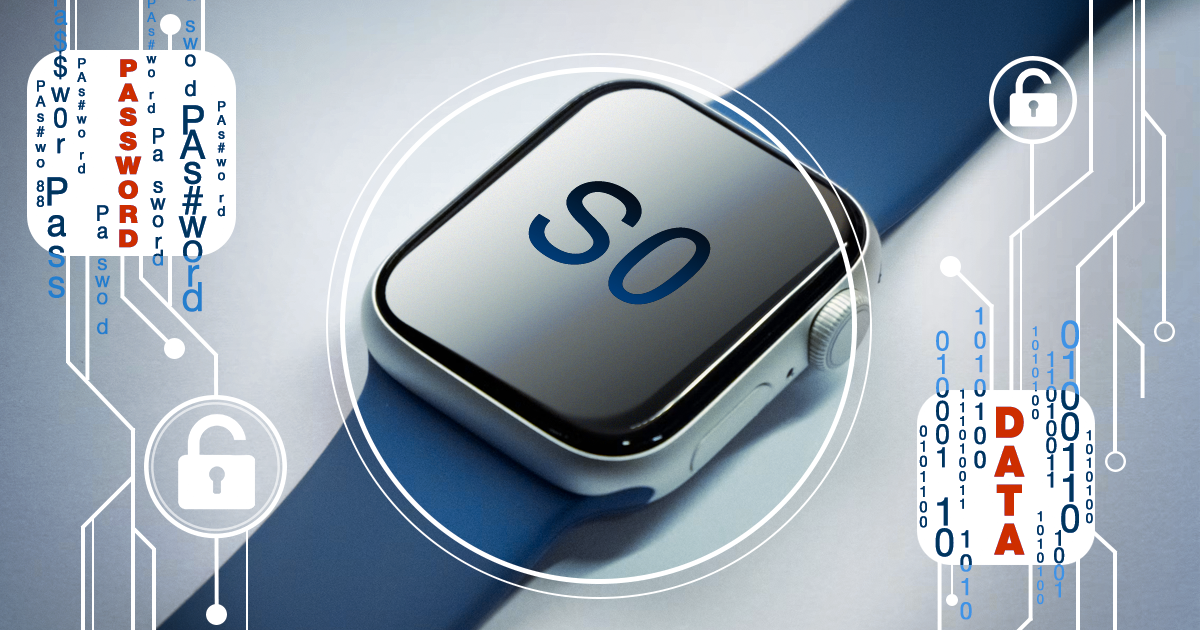Who am I to tell you to use two-factor authentication on all accounts that support it? This recommendation coming from someone whose business is supplying law enforcement with tools helping them do their job might be taken with a grain of salt by an average consumer. Yet we still strongly believe that, however good a password you have to encrypt your local documents or NAS drives, any remotely popular online service absolutely requires an additional authentication factor.
Tired of reading on lockdown/pairing records? Sorry, we can’t stop. Pairing records are the key to access the content of a locked iPhone. We have recently made a number of findings allowing us to extract even more information from locked devices through the use of lockdown records. It’s not a breakthrough discovery and will never make front page news, but having more possibilities is always great.
iOS 11 has arrived, now running on every second Apple device. There could not be a better time to reminiscent how iOS forensics has started just a few short years ago. Let’s have a look at what was possible back then, what is possible now, and what can be expected of iOS forensics in the future.
“Can you unlock that iPhone?” is one of the most common questions we hear on various events and from our customers. There is no simple answer, but more often than not some options are available.
iOS forensics is always a lot of fun. Say, you’ve got an iPhone of a recent generation. It’s locked, you are blank about the passcode, and the worst part is it’s more than just the four proverbial digits (the last iOS defaults to six). And you don’t have their computer, and there is not an iCloud account either. A horror story where no one, even us, can do anything about it.
In the US, Factory Reset Protection (FRP) is a mandatory part of each mobile ecosystem. The use of factory reset protection in mobile devices helped tame smartphone theft by discouraging criminals and dramatically reducing resale value of stolen devices. Compared to other mobile ecosystems, Apple’s implementation of factory reset protection has always been considered exemplary. A combination of a locked bootloader, secure boot chain and obligatory online activation of every iPhone makes iCloud lock one exemplary implementation of factory reset protection.
In today’s world, everything is stored in the cloud. Your backups can be stored in the cloud. The “big brother” knows where you had lunch yesterday and how long you’ve been there. Your photos can back up to the cloud, as well as your calls and messages. Finally, your passwords are also stored online – at least if you don’t disable iCloud Keychain. Let’s follow the history of Apple iCloud, its most known hacks and our own forensic efforts.
We received some great feedback on the original article about attacking master passwords of several popular password managers. In one discussion, our benchmark numbers for 1Password were questioned. We had no choice but to re-run the benchmarks and publish an updated chart along with some technical details and explanations. We bring our apologies to AgileBits, the developers of 1Password, for letting the wrong number creep in to our benchmark. Can we still break into 1Password by attacking the master password? Please bear with us for up-to-date information and detailed technical discussion.
WhatsApp is one of the most secure messengers with full end-to-end encryption. Messages exchanged between WhatsApp users are using an encrypted point-to-point communication protocol rendering man-in-the-middle attacks useless. WhatsApp communications are never stored or backed up on WhatsApp servers. All this makes government snooping on WhatsApp users increasingly difficult.


